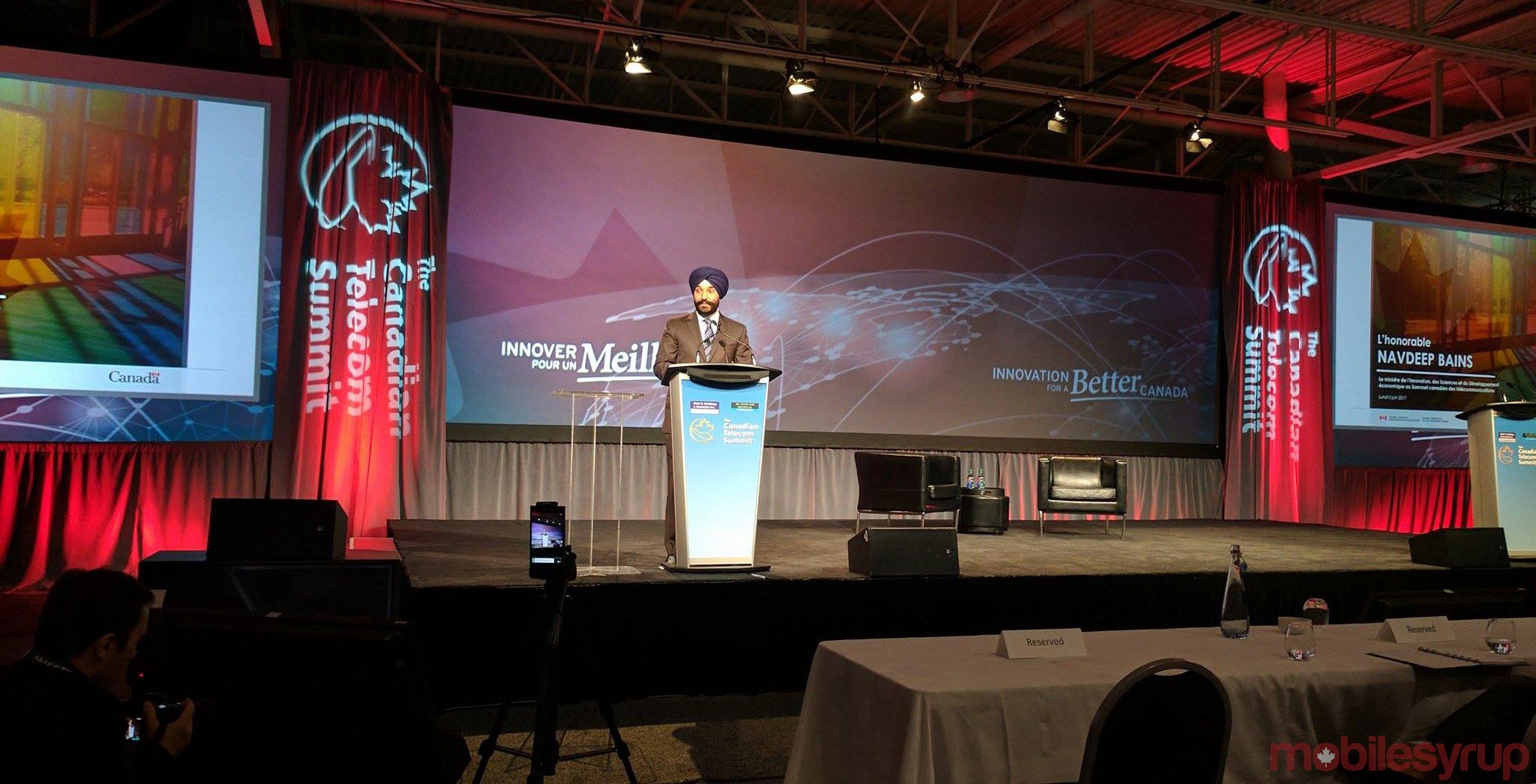
On the first day of the 2017 Canadian Telecom Summit, Innovation, Science and Economic Development (ISED) Minister Navdeep Bains shook up the Canadian wireless industry by instructing Canada’s telecom regulator to reconsider a decision that sewed up a loophole allowing Wi-Fi-first MVNO Sugar Mobile to operate.
MVNOs, or mobile virtual network operators, sell mobile phone service by wholesale purchasing the use of another company’s existing infrastructure and then reselling service at generally lower rates. MVNOs are not a market force in Canada due to the fact that the CRTC does not compel carriers to sell network use to providers that don’t build their own infrastructure.
The March 1st decision provided a broad ruling on the use of wholesale roaming service as fallback service when a customer subscribed to a Wi-Fi-first MVNO leaves Wi-Fi.
“Canadians with low household income in particular face challenges related to the affordability of telecommunications services.”
Sugar Mobile had been using Rogers network as part of a roaming agreement the brand’s Northern sibling company, Ice Wireless, signed with the larger carrier. At the time of the decision, the CRTC noted that allowing this backdoor method for an MVNO went against its previous decision not to mandate MVNOs access to the incumbents’ networks and would change the meaning of wholesale roaming service.
In the Order in Council instructing the CRTC to reconsider this decision, ISED notes that it is doing so because Canadians continue to pay high rates for mobile wireless telecommunications services, Canada has among the lowest adoption rates for mobile telecommunications services among industrialized countries and “Canadians with low household income in particular face challenges related to the affordability of telecommunications services.”
By March 31st, 2018, ISED instructs the CRTC to return the ministry after considering whether “broadening the definition of ‘home network’ to consider other forms of connectivity, such as Wi-Fi, would have a positive impact on the affordability of mobile wireless services in Canada.”
A definition change would effectively mean recognizing software as infrastructure, striking a blow to the current facilities-based regulatory framework that favours operators that build infrastructure.
A definition change would effectively mean recognizing software as infrastructure.
The Order in Council also states that the impact on investments for the larger carriers “could be mitigated by the imposition of conditions on mandatory wholesale roaming services.”
Specifically, it points to taking measures that would ensure roaming by Wi-Fi-first MVNO subscribers remains temporary and not permanent, perhaps by limiting the volume of roaming and by fixing “a different tariff in accordance with the wholesale roaming tariffs.”
In a subsequent “regulatory blockbuster” session at the Summit, executives from Bell, Telus and Rogers questioned the necessity of the Order in Council and emphasized their belief in a facilities-based approach.
MobileSyrup may earn a commission from purchases made via our links, which helps fund the journalism we provide free on our website. These links do not influence our editorial content. Support us here.


